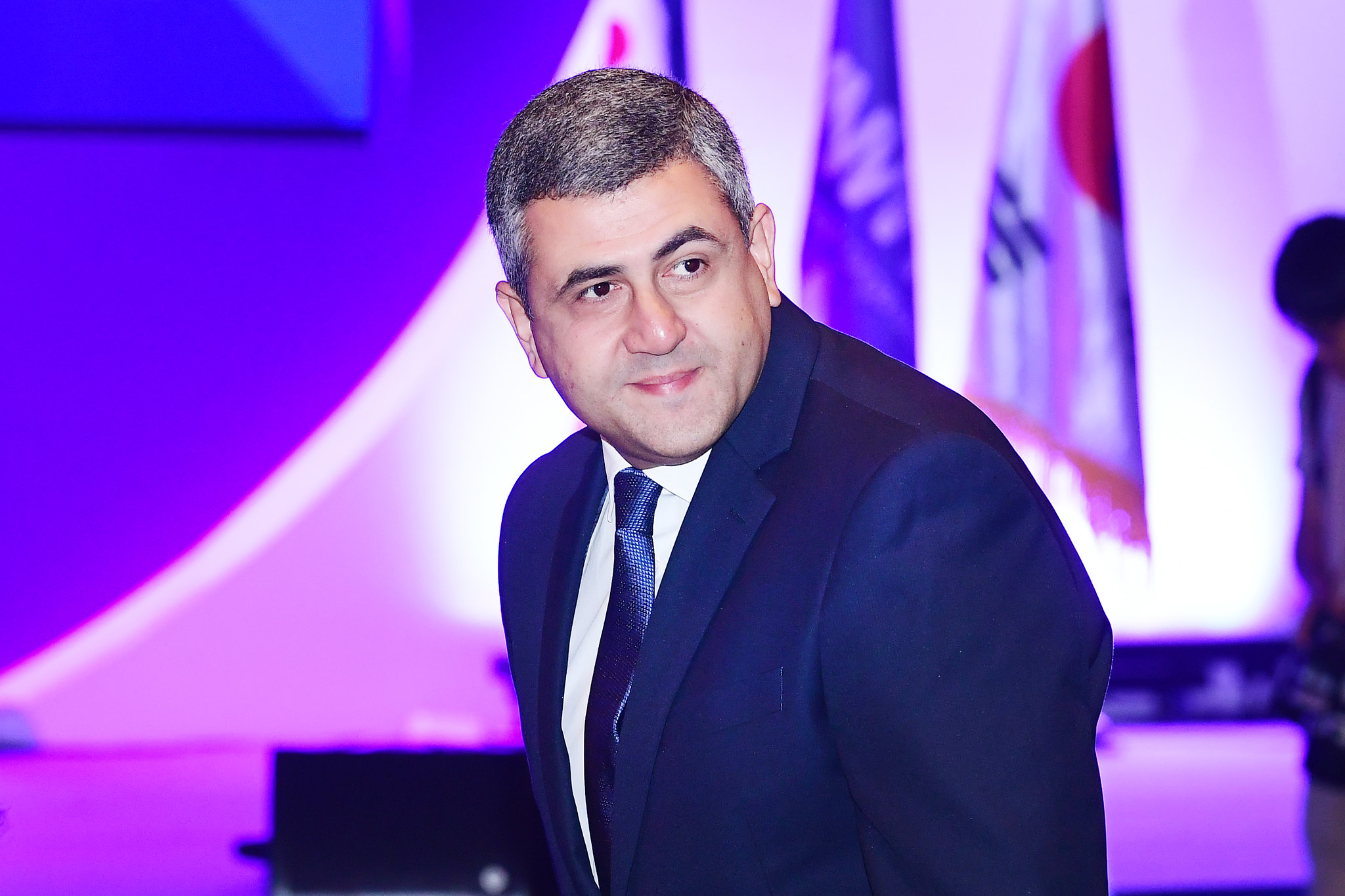The annual summit, now in its 17th year, stands as one of the largest gatherings of tourism ministers, welcoming the presence of 40 ministers in 2023.
This year's session, in collaboration with the United Nations World Tourism Organization (UNWTO) and the World Travel and Tourism Council (WTTC), was titled "Revolutionizing Tourism Through Youth and Education."
Natalia Bayona, the Executive Director of UNWTO, emphasized that despite tourism being a significant source of youth employment worldwide, it only ranks among the top three most popular university subjects in Senegal. Additionally, she pointed out that the countries where tourism is most commonly studied, such as Switzerland, the United States, the United Kingdom, France, the Netherlands, Spain, and China, are all located in the Northern Hemisphere.
She underscored that tourism encompasses more than just hotel administration, revealing that 80% of relevant degrees focus on this field. Bayona commended Lucerne University for introducing a Bachelor of Arts program in sustainable tourism.
Julia Simpson, President and CEO of the WTTC, highlighted that tourism is growing at twice the rate of the global economy, offering the potential to provide livelihoods and transition people from the informal to the formal economy. She stressed the need to address young people's perception of travel as environmentally unsustainable to remove it as a barrier. She also noted that travel growth is "decoupling" from carbon emissions growth, thanks to sector and destination efforts.
UK Tourism Minister Sir John Whittingdale pointed out that the country has experienced a shortage of tourism job candidates since the COVID-19 pandemic. However, he emphasized the potential for social mobility within the travel industry, where there are no limits, enabling individuals to start at entry-level positions and rise to leadership roles.
South Africa's Minister Patricia de Lille emphasized the importance of forecasting the skills required in the tourism industry five to ten years from now and aligning tourism decisions with technology.
During the summit, Tourism Secretary Christina Garcia Frasco shared how the Philippines has incorporated tourism entry-level qualifications into high school curricula and maintains ongoing communication with the private sector to align industry needs.
Meanwhile, Malta is equipping young individuals in tourism with the skills to promote local products and enhance the overall quality of the tourism experience. Minister Clayton Bartolo stressed the importance of national pride and offering high-quality, value-for-money experiences, rather than luxury.
Jordan's message at the summit was "Quality over Quantity." Although tourism contributes significantly to their GDP, they face a shortage of tour guides with diverse language skills. Minister Makram Mustafa A Queisi highlighted the need for a career path for temporary tourism workers.
Jamaica's Minister Edmund Bartlett admitted shortcomings in stewarding employment and fostering an ecosystem conducive to retaining skilled workers. However, they have initiated a program in 33 high schools covering customer service and hotel management, aiming to certify, classify, and remunerate individuals appropriately.
Indonesia, where tourism jobs make up approximately 12% of the workforce, sees a significant educational opportunity with over 60% of the population under 45. Minister Sandiaga Salahuddin pointed out their shift from large resorts to a smaller, more personalized, and sustainable approach, particularly emphasizing village tourism.
The summit also addressed how Africa's youthful population could contribute to the tourism sector, potentially exporting tourism workers abroad.
Julia Simpson of the WTTC concluded the summit by highlighting tourism's capacity to promote healing and understanding after conflicts, describing it as the essence of soft power that builds bridges and fosters understanding.






